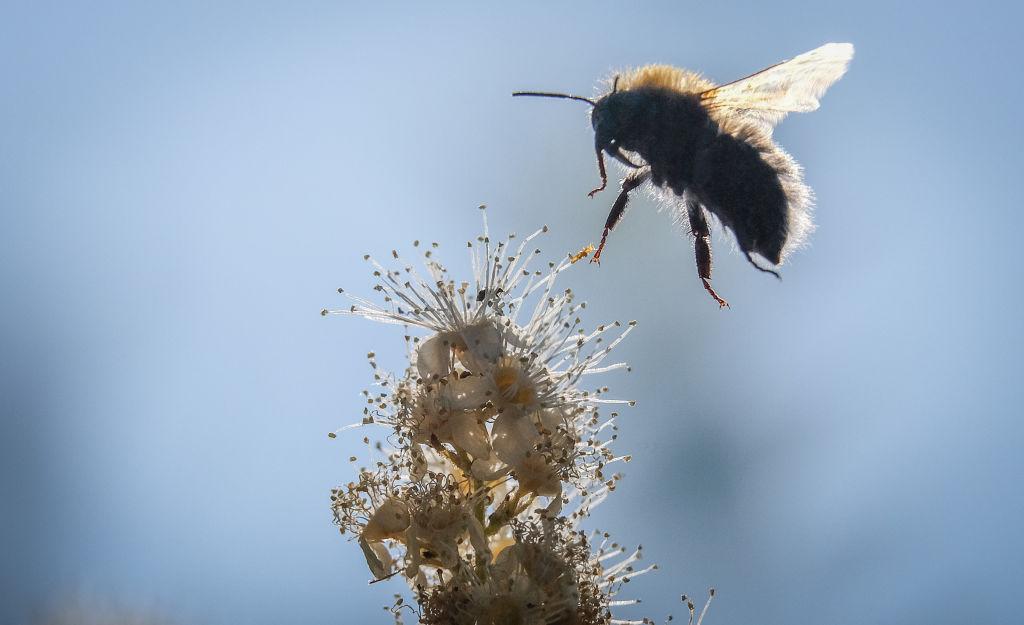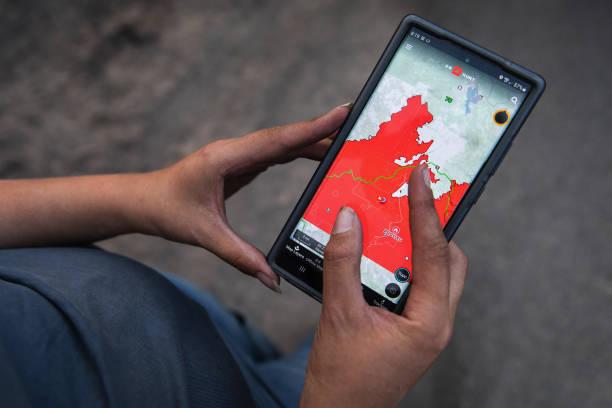A rare species of bee unique to Australia has been rediscovered by a researcher in Queensland. The species has not been seen since 1923 and was thought to be extinct.
Known as Pharohylaeus lactiferous, the bee is the only species in the genus Pharohylaeus. A total of only six have been spotted before in Australia, and nothing was known about its biology.





